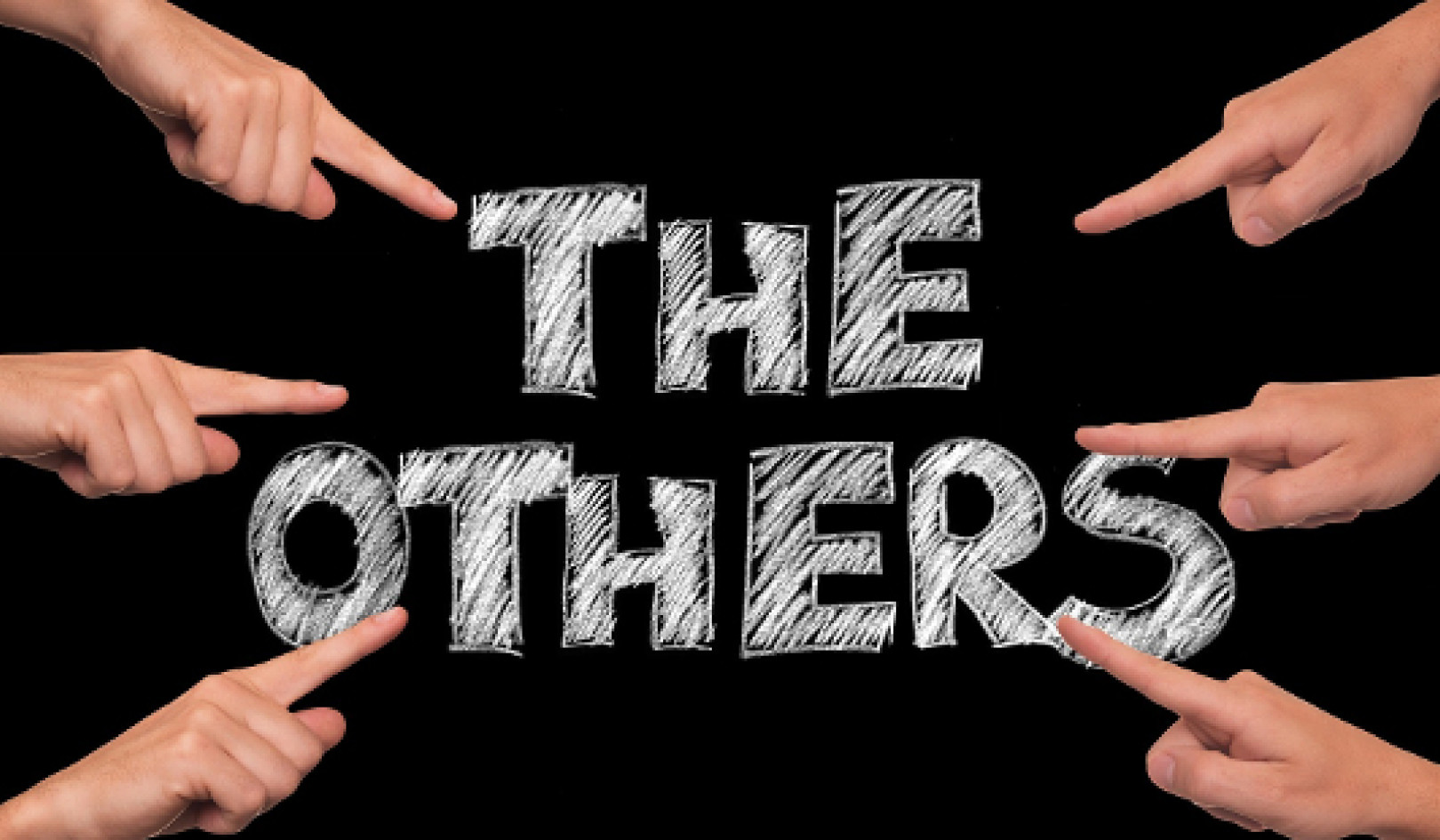
If it seems as if everyone you know is online dating, you’re not alone. According to recent surveys, more than 40m single people out of 54m singles in the US have signed up to an online dating site such as Match.com and eHarmony. In the UK, 9.1m people have used an online dating site and one in every five new committed relationships starts online.
With more users, comes greater demand for these sites to match the right people together. But it seems as if hooking you up with the right person is less about what you say you want and more about how you, or others like you, behave online.
To gain a little insight into what makes people tick when they look for romance online, we’ve studied the behaviour of 200,000 people on Baihe.com, a dating site in China that has more than 60m registered users. We found that people are in many ways predictable in their dating habits but they also often bend their own rules. To make good matches, sites need to look at this rule bending when making recommendations.
Not That Picky
When a user creates a new account on a dating site, they may specify what kind of partner they are looking for. A user might say they are looking for someone in their early 20s with at least a bachelor degree and a certain minimum monthly income.
They don’t actually stick as rigorously to their preferences as they might have thought they would though. While they are more likely to respond to first contact from someone who matches their original wish list, we found that 70% of the messages sent by women and 55% of those sent by men were to communicate with people who did no meet their original criteria. Women, it seems, are more flexible than men about matching people to their criteria.
Living Up To Stereotypes
Many online daters complain about the experience – women bemoan the fact that men look for younger dates and men criticize women for being too concerned by money and education. Unfortunately, our results show users living up to these stereotypes.
Profile photos affect men and women differently too. While women with a larger number of photos are more likely to get messages and replies to their communications, the number of photos on a man’s profile has little bearing on the number of contacts or replies he receives.
When it comes to location, long distances do not bode well when it comes to dating, although women are more likely to send and reply to messages across city boundaries.
Predictable Animals
With information like this, dating sites can track your behavior and predict which dates might be right for you, possibly even better than you can. In a recent study we used machine learning methods to test out how accurate these predictions can be.
We took factors such as a user’s age, height, location, income and education level as well as their activity, popularity on the site and their similarity with other users in terms of taste and attractiveness to others and were able to tell whether a user would reply to another’s initial contact message with 75% accuracy. We also found that women were most concerned with age, income, house, children and parent status, while men didn’t show a clear trend.
This all makes it sound very easy and might give hope to someone looking for love online. But internet dating is not like a recommendation on a shopping site. To suggest a book to a customer based on their previous purchases is a single directional process but a dating site needs to match users who might have a mutual interest in each other so they are more likely to hit it off.
Now that there are so many sites to choose from, they must have a good system in place or they will simply lose customers to their rivals.
Romance By Numbers: Collaborative Filtering Algorithms
We think that collaborative filtering algorithms are a good option for this. We devised a reciprocal recommendation system to match users of mutual interest according to content-based algorithms, which are based on factors that include a user’s age, education and income – and another, collaborative filtering-style algorithm, which is based on prior communications: both of the user and of other users with similar interests and attractiveness. We found the latter much more successful.
Collaborative filtering algorithms not only learn the preferences of an online dater but also take information from the behavior of other similar users. Given that we have a tendency to make choices other than what we have predicted for ourselves in our stated preferences, this is a much more dynamic method.
Online dating is becoming a multi-billion-dollar industry so sites need to be better than ever at suggesting potential dates for their users. If you find yourself constantly going on bad dates, maybe it's time to switch to a site that uses a better algorithm.
This article originally appeared on The Conversation
About the Authors
 Peng Xia is a currently a PhD candidate at the Department of Computer Science, University of Massachusetts Lowell. His research interest lies in applying machine learning and data mining techniques to understand and analysis online social network, with a focus on user behavior analysis and recommendation system.
Peng Xia is a currently a PhD candidate at the Department of Computer Science, University of Massachusetts Lowell. His research interest lies in applying machine learning and data mining techniques to understand and analysis online social network, with a focus on user behavior analysis and recommendation system.
 Dr. Benyuan Liu has been a faculty member in the Department of Computer Science at the University of Massachusetts Lowell since 2004. He received his Ph.D. degree in computer science from the University of Massachusetts Amherst. Prior to that, he received his B.S. degree in physics from University of Science and Technology of China (USTC) and M.S. degree in physics from Yale University.
Dr. Benyuan Liu has been a faculty member in the Department of Computer Science at the University of Massachusetts Lowell since 2004. He received his Ph.D. degree in computer science from the University of Massachusetts Amherst. Prior to that, he received his B.S. degree in physics from University of Science and Technology of China (USTC) and M.S. degree in physics from Yale University.
Recommended book:
The Authentic Life: Zen Wisdom for Living Free from Complacency and Fear
by Ezra Bayda.
 Ever feel like your efforts to live a life of wisdom, honesty, and compassion are hijacked by, well, life? Take heart. Ezra Bayda has good news: life’s challenges aren’t obstacles to our path — they are the path. Understanding that liberates us to use every aspect of what life presents us with as a way to live with integrity and authenticity — and joy. In this, as in all his books, Ezra’s teaching is Zen made wonderfully practical, in a way that can apply to anyone’s life.
Ever feel like your efforts to live a life of wisdom, honesty, and compassion are hijacked by, well, life? Take heart. Ezra Bayda has good news: life’s challenges aren’t obstacles to our path — they are the path. Understanding that liberates us to use every aspect of what life presents us with as a way to live with integrity and authenticity — and joy. In this, as in all his books, Ezra’s teaching is Zen made wonderfully practical, in a way that can apply to anyone’s life.
Click here for more info and/or to order this book on Amazon.






















